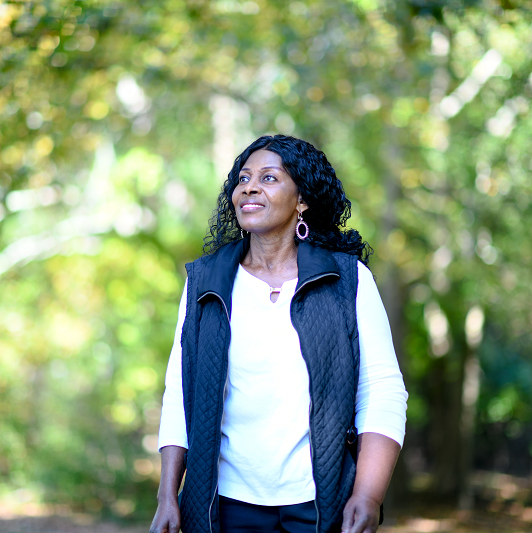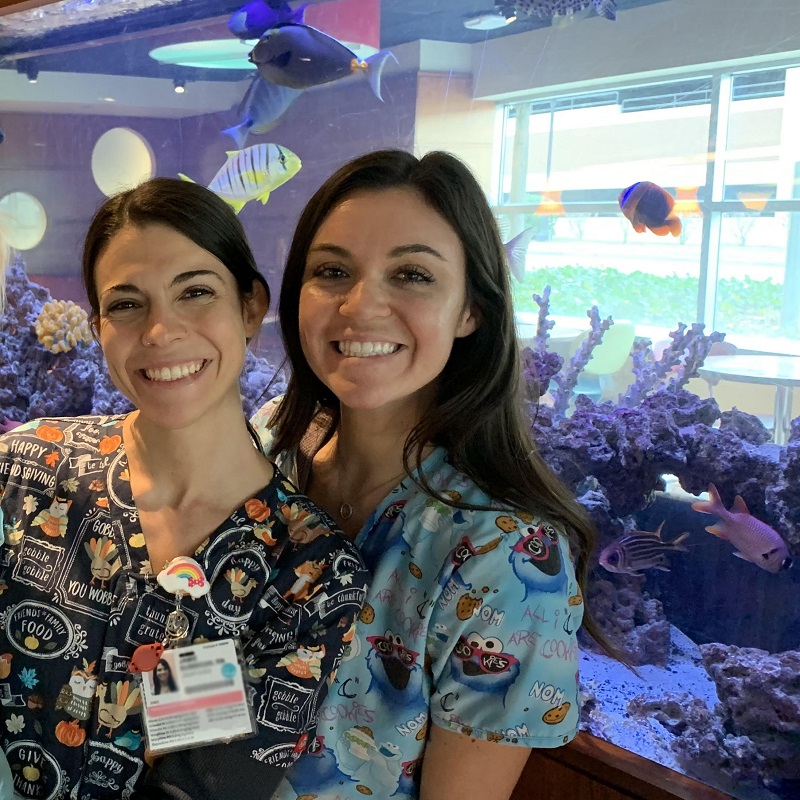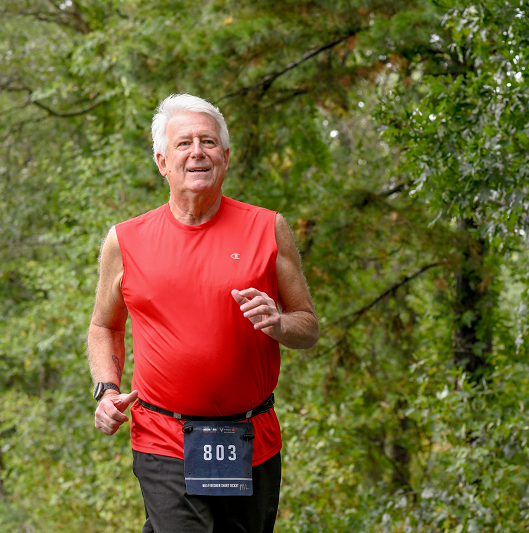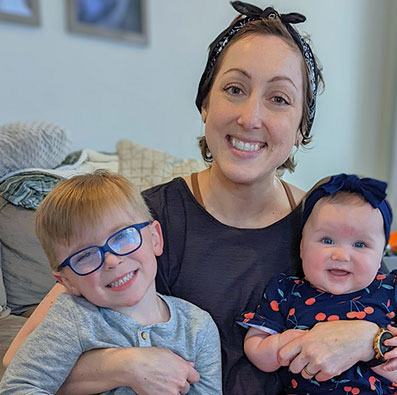

Jersey Shore resident Peter Verbout faithfully had a PSA test done every year, and every year, the test results were good—until one year, they weren’t. Fourteen years ago, Peter was diagnosed with prostate cancer. The cancer was remediated with surgery that removed his prostate. His relief that the cancer was gone was displaced by a new worry: Three weeks after surgery, he couldn’t urinate.
Scar tissue from the surgery caused a blockage. After additional surgery successfully cleared that blockage, Peter periodically needed procedures to reduce the scar tissue that had regrown. As the years passed, the scar tissue regrew at an increasing rate, necessitating more frequent interventions. After each intervention, he then had to deal with periods of incontinence.
“It started to impact my life more and more,” Peter says. “I had to stop doing a lot of things I enjoyed, like playing golf and going fishing.”
Uncomfortable Recovery From Prostate Cancer
While disruptive to his life, it was manageable—until 2021, when the scar tissue caused another complete urinary tract blockage, which spiraled into a series of bacterial infections that landed Peter in the ICU. Emergency surgery was needed to insert a catheter into his bladder through an incision below his belly button.
The tube allowed urine out and gave Peter and his medical team time to determine what long-term treatment would be best to resolve the regrowing scar tissue.
That’s when Peter met with Michael Stifelman, M.D., who specializes in urinary reconstructive surgery at Hackensack University Medical Center. Dr. Stifelman consulted with his colleagues, urologists Michelle Kim, M.D., and David Shin, M.D. The trio thought Peter might get resolution without Dr. Stifelman needing to do reconstructive surgery.
“It turns out Peter had a bad scar,” says Dr. Kim. But the scar wasn’t so severe that reconstruction was needed. The team suggested to Peter a two-part plan.
A Strategy for Hope
For the first step, in November 2021, Dr. Kim performed minimally invasive endoscopic surgery to cut out the scar tissue and inject cryopreserved amniotic membrane into the incision. Cryopreserved amniotic membrane is known to be beneficial in wound healing.
“While it's not formally promoted for this, there have been a few studies showing that once you open up scar tissue, if you inject this in there, you have greater chances of the scar tissue staying open rather than recurring,” Dr. Kim says.
Eight months later, Peter was urinating again through his urethra and the scar tissue remained completely open. So he was ready to move to the next phase of the treatment plan: removal of the catheter and insertion of an artificial sphincter to eliminate urine leakage from the now-open urethra.
An artificial sphincter is a non-electric cuff and pump that is manually operated. Dr. Shin performed the minimally invasive procedure. Now, when Peter needs to urinate, he feels the pump through the skin of his scrotum and presses on it. The cuff opens, giving him about 90 seconds to pee, before closing again.
“He went from being incontinent to now being able to control his urination and stay dry,” Dr. Shin says.
For Peter, now 79, the two procedures have given him a better quality of life. He’s exercising more and gradually returning to golfing and fishing. He is even trying new things, like joining a local men’s club.
“It’s a state of mind,” he says. “When you have a medical problem, like a urinary problem, it hinders your lifestyle. So I’m very happy now.”
Next Steps & Resources:
- Meet our sources: Michael Stifelman, M.D., Michelle Kim, M.D., and David Shin, M.D.
- To make an appointment with a urologist near you, call 800-822-8905 or visit our website.

Two-time Breast Cancer Survivor Beats the Odds

Sister & Nurse Duo to Tackle Kids Cancer in 2022 TCS New York City Marathon

Tri-athlete Back to Training After Lung Cancer
